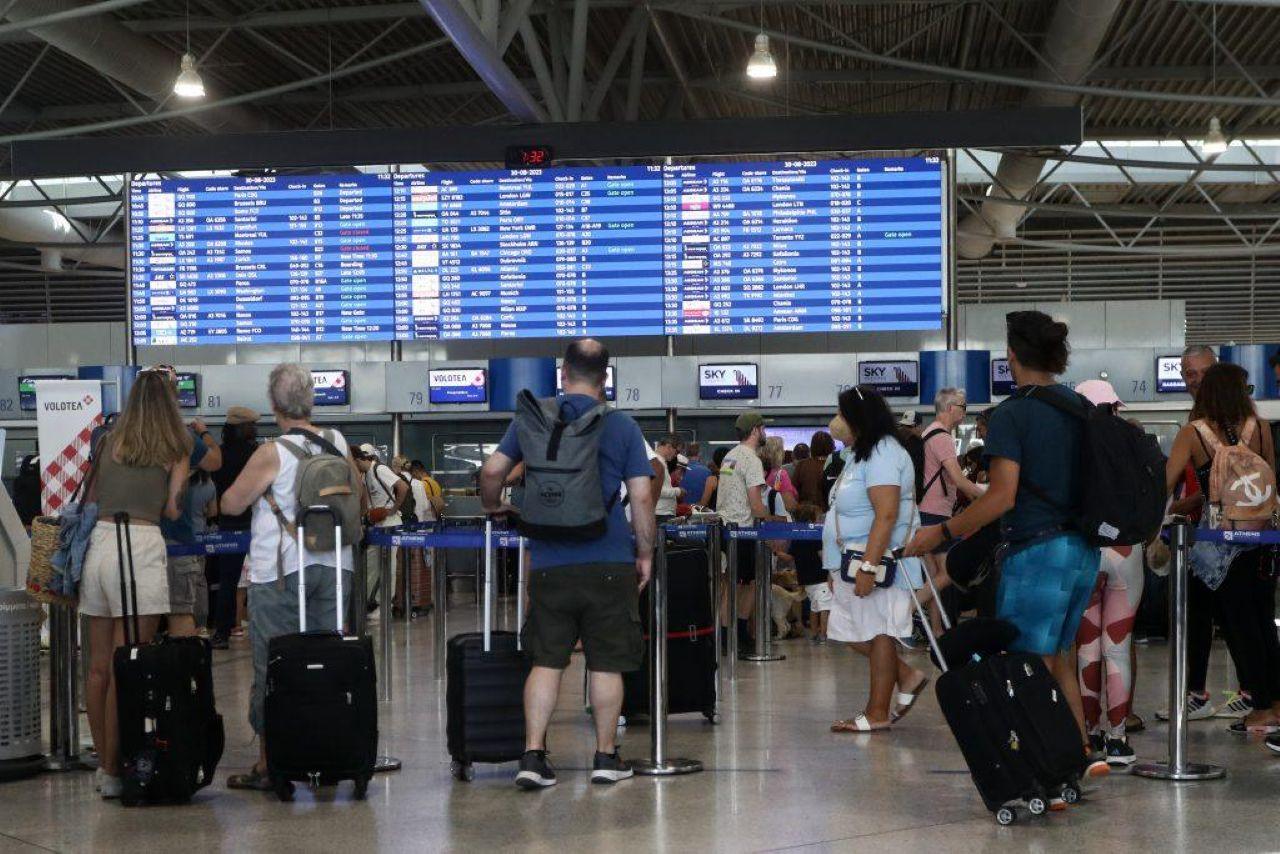The explosion of Covid cases due to the Omicron variant brings changes in the way the certificate of disease is issued.
More specifically:
- the vaccinated ones will only need to have a positive rapid test for the issuance of the certificate of disease
- the unvaccinated ones should confirm they are tested positive for Covid-19 with a molecular test (PCR test)
In case of sick leave, as announced by the Health Minister, Mr. Thanos Plevris, employees should provide a positive rapid test, which should be accepted by the employers.
The measure of compulsory teleworking at a rate of 50% in the Public sector will be in force until January 17.
In particular, according to a document of the Ministry of Interior: “The number of employees that will work remotely is determined at a rate of up to fifty percent (50%), based on the work plan of each service, taking into account the nature of each work, the employees belonging to high-risk groups and the needs of each service”.
In the Public Sector, the measure of staggered hours is also applied, with the employees not arriving all at the same time and not working at the same working hours. Specifically, employees should arrive at work at 7.00 am, 8.00 am and 9.00 am with respective departure times of 15.00, 16.00 and 17.00, in order to ensure that there is no overcrowding in the public transport when commuting and that there will not be overcrowding in the service during the peak hours.
Compulsory teleworking is also applied in the private sector by up to 50% of employees.
In particular, according to the measures implemented on 30 December 2021, it is foreseen:
- Operation with the necessary staff in accordance with the relevant provisions.
- Protection of workers belonging to high-risk groups by working remotely or working in a post that they will not have to contact with the public, where possible.
- The percentage of employees that work remotely is determined by the decision of each employer and up to a percentage of 50%. The arrival of employees takes place gradually, according to the work needs and instructions of each employer.








































